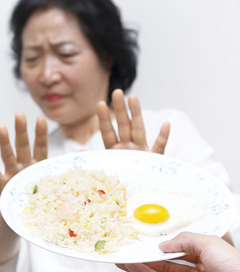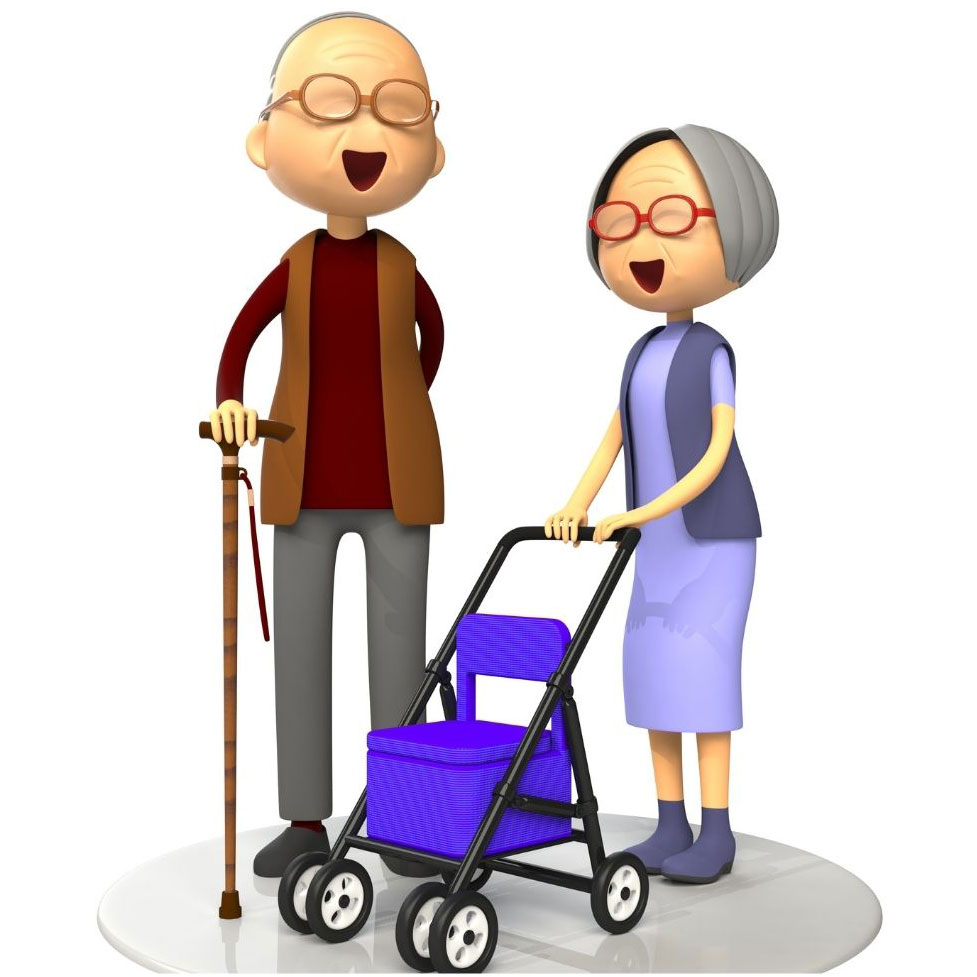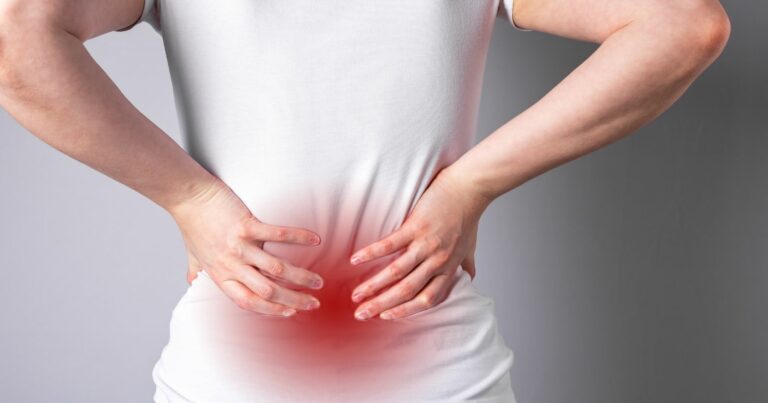7 Eating Problems In the Elderly. Looking for how to handle eating problems in the elderly? Here are the 7 eating problems in the elderly. This review reveals the best ways to handle eating problems In the elderly.
Eating Problems Are Hiding Right In Front Of The Elderly.
We Need To Bring Them Out.
Before They Get To Be Bigger Problems.
Some Of the elderly with eating disorders will generally refuse meals by saying they’re not too hungry or feeling ill. They might have a distorted view of their bodies, have difficulty expressing their feelings, have family conflicts, and engage in secretive behavior to hide their habits. As a result, the elderly might engage in purging behaviors –like using laxatives.
The elderly also face unique challenges at their age, and certain circumstances may act as contributing factors to their problems. The ability to consume food may be a result of infections, bowel problems, loose dentures, swallowing problems, medications that reduce appetite, memory loss, or other illnesses. The inability to grocery shop, cook meals or feed themselves could also be a contributing factor
In this article, we’re reviewing the best way to handle eating disorders in the elderly in 2022.
Why The Elderly Have Eating Disorders
Why do the elderly develop eating disorders?
The elderly develop eating disorders for a number of reasons. These can range anywhere from a loss of independence to the death of loved ones and a feeling of isolation. Refusing food can be a way of regaining control, or passively ending their own lives. Other reasons might include undiagnosed depression, unresolved past issues, stress, attention-seeking, etc. Remission can also occur in elderly people who have previously experienced the disorder.
Signs and Symptoms
Inadequate nutrition, especially for the elderly, can result in falls, memory deficits, cognitive decline, slow healing, infection, and disorientation. Signs of an eating disorder can include depression, loss of appetite, weight loss, fixation on death, unexplained weight loss, and chronic dizziness. Unused food and unopened packages of food in the fridge are also signs of an eating disorder.
Source: Today’s Dietitian
The 7 Eating Problems
For The Elderly

Our bodily function changes as we age. Eating problems caused by the decline of physiological functions are common among the elderly. This can result in an imbalanced diet that may subsequently affect nutritional status. With proper dietary modifications, these eating problems can be resolved.
1. Chewing difficulties
Causes: Loosened teeth, ill-fitting dentures, or decreased saliva secretion can all result in chewing discomfort or difficulties. Or a simple bad habit of not chewing properly.
What To Do About It: Choose the food with a suitable texture.
Cut food into smaller pieces by chopping or grinding, modify food texture by pureeing with blenders before eating, cook food thoroughly until tender, or add sauces. Visit dentists regularly and wear well-fitted dentures. Learn to chew your food better
2. Reduced taste
Causes: Deterioration of taste buds.
What To Do About It: To add flavor, use herbs or spices such as ginger, spring onion, garlic or dried tangerine peel, etc., (western herbs like parsley, coriander, pepper, etc.,) to season foods instead of preserved or pickled food and seasonings such as salted fish, salted eggs, miso, oyster sauce, etc., (western food or seasonings like sausages, stock cubes, salt at the table, etc.,).
- Encourage chewing and ensure proper dental hygiene.
- Avoid cigarette smoking.
3. Dry mouth
Causes: Reduced saliva production
What To Do About It: Ensure adequate fluid intake. Choose moist food such as congee, mashed gourd, or steamed egg pudding. (western food like mashed potato, baked beans, meat stew, etc.,)
- Provide food with sauces, gravies, or clear soup, or soften bread or crackers with milk or soup.
- rink some water to moisten the mouth before meals or chew on some pickles or fresh lemon slices to stimulate saliva secretion.
- Provide food with sauces, gravies, or clear soup, or soften bread or crackers with milk or soup.
- Drink some water to moisten the mouth before meals or chew on some pickles or fresh lemon slices to stimulate saliva secretion.
4. Poor digestion
Causes: Reduced saliva and digestive juices may lead to poor digestion and nutrient absorption, which is often associated with symptoms such as nausea and flatulence after meals.
What To Do About It: Have small, frequent meals and chew slowly. Avoid intake of fried or high-fat food and reduce intake of caffeine or alcohol-containing food or drinks. Avoid lying down right after meals; performing light physical activities such as walking may help digestion.
5. Poor appetite
Causes: Illness, gastrointestinal discomfort, or ill-fitting dentures. A side effect of drugs. Poor psychological and emotional well-being. Some medications and drugs may reduce your appetite. These include illicit drugs — such as cocaine, heroin, and amphetamines — along with prescribed medications. Some prescription medications that reduce appetite include certain antibiotics, codeine, morphine. chemotherapy drugs.
What To Do About It: Have small, frequent meals supplemented with nutrient-dense snacks such as bread with cheese or peanut butter, dessert soup made with milk, eggs or bean curd, etc., (western food like custard pudding, ice-cream, yogurt) Use herbs or spices such as ginger, spring onion, garlic or dried tangerine peel, etc., (western herbs like parsley, coriander, pepper, etc.,) as seasonings, or garnish food with carrot or corn to make dishes more attractive. Prepare foods that are nutrient-dense by adding minced meat, fish, bean curd, egg, potato, or dried beans into congee, noodles, or soup. Encourage consuming soup ingredients together with the soup so as to increase nutrient intake.
6. Need to Control
Other proposed causes of eating disorders in the elderly include the need for control and a plea for attention. Older adults with eating disorders may use eating as a control mechanism to regain power in their lives, a consequence of the loss of control that accompanies aging.
7. A Plea For Attention
For some, eating disorders are a method of gaining control over loved ones through protest and by drawing attention to the discontent they feel for their current circumstance.
Source: Today’s Dietitian
Caution:
Consult your doctor if the eating problem persists or worsens to prevent adverse effects on your nutritional status.
A Simple And Easy Way To Get All The Vegetables And Fruits Each Day Is With Balance Of Nature.
Balance of Nature
100% Natural Fruits & Veggies
- Gives You More Energy
- Relieve Sick Symptoms
- Great supplement for picky eaters (kids)
- Health Coaching To Get Consistent Results
If you click this link and make a purchase, we earn a commission at no additional cost to you.

Conclusion
Working through psychological issues can be effective with elderly people. They might be encouraged to attend social activities, eat healthy meals prepared for them, dine with others and participate in a physical rehabilitation program to enhance mobility and endurance.
Good Luck…






